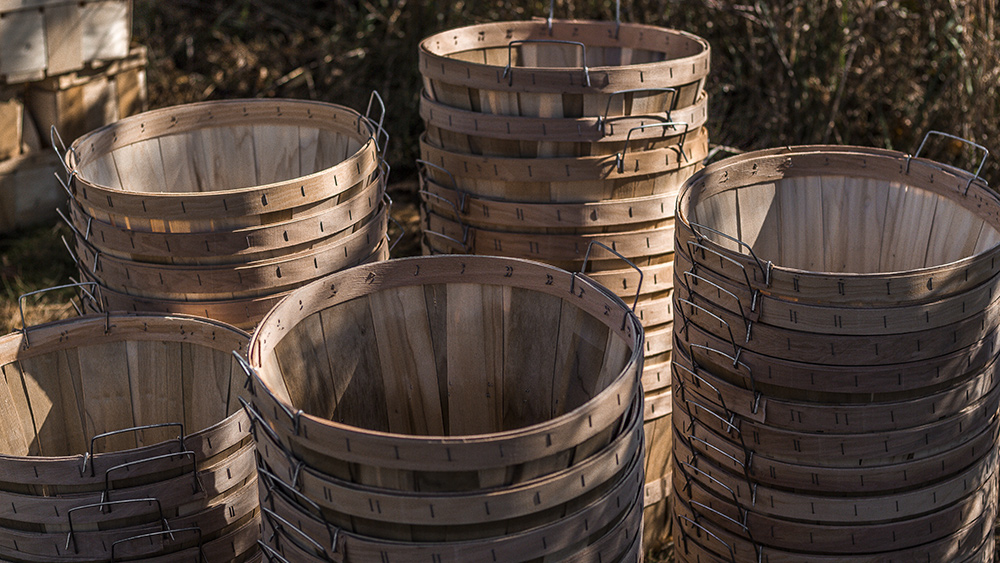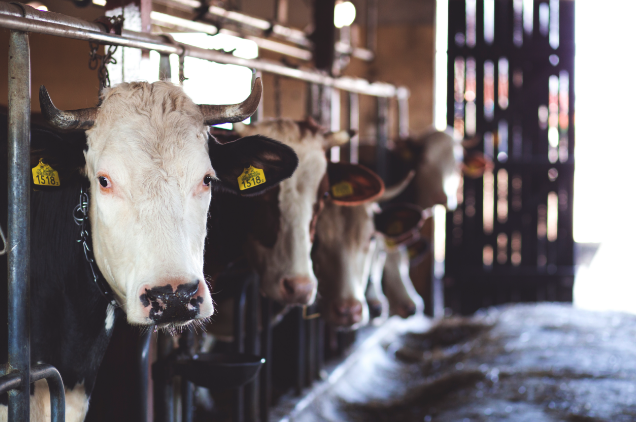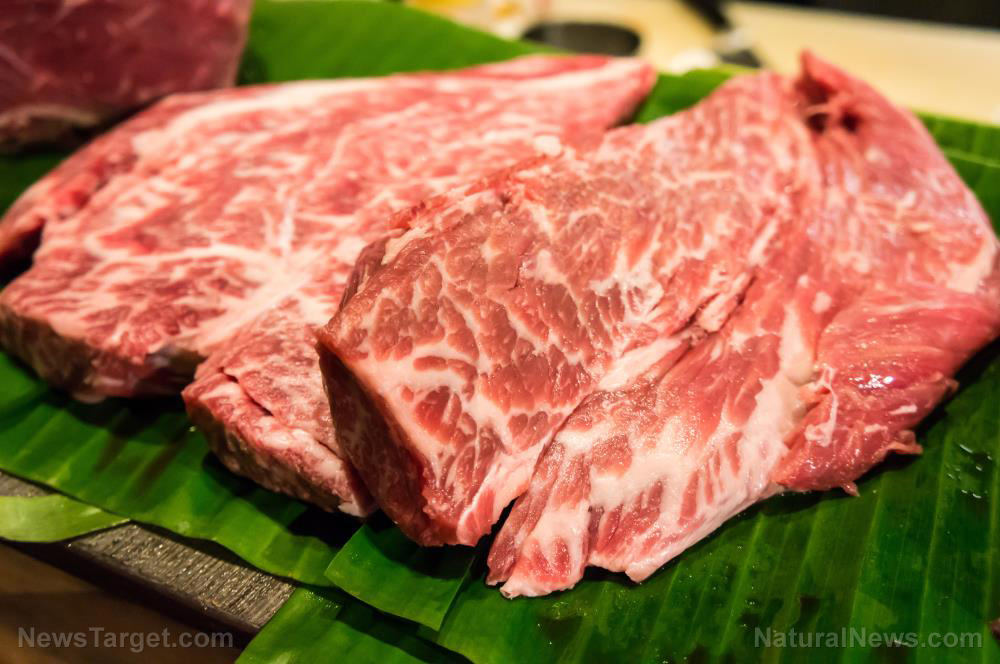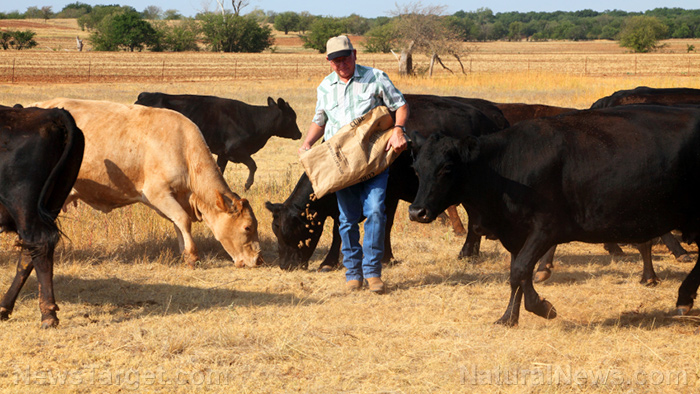South Florida farmers tapping out due to INFLATION, increased costs of agricultural inputs like diesel fuel
07/28/2022 / By Ramon Tomey
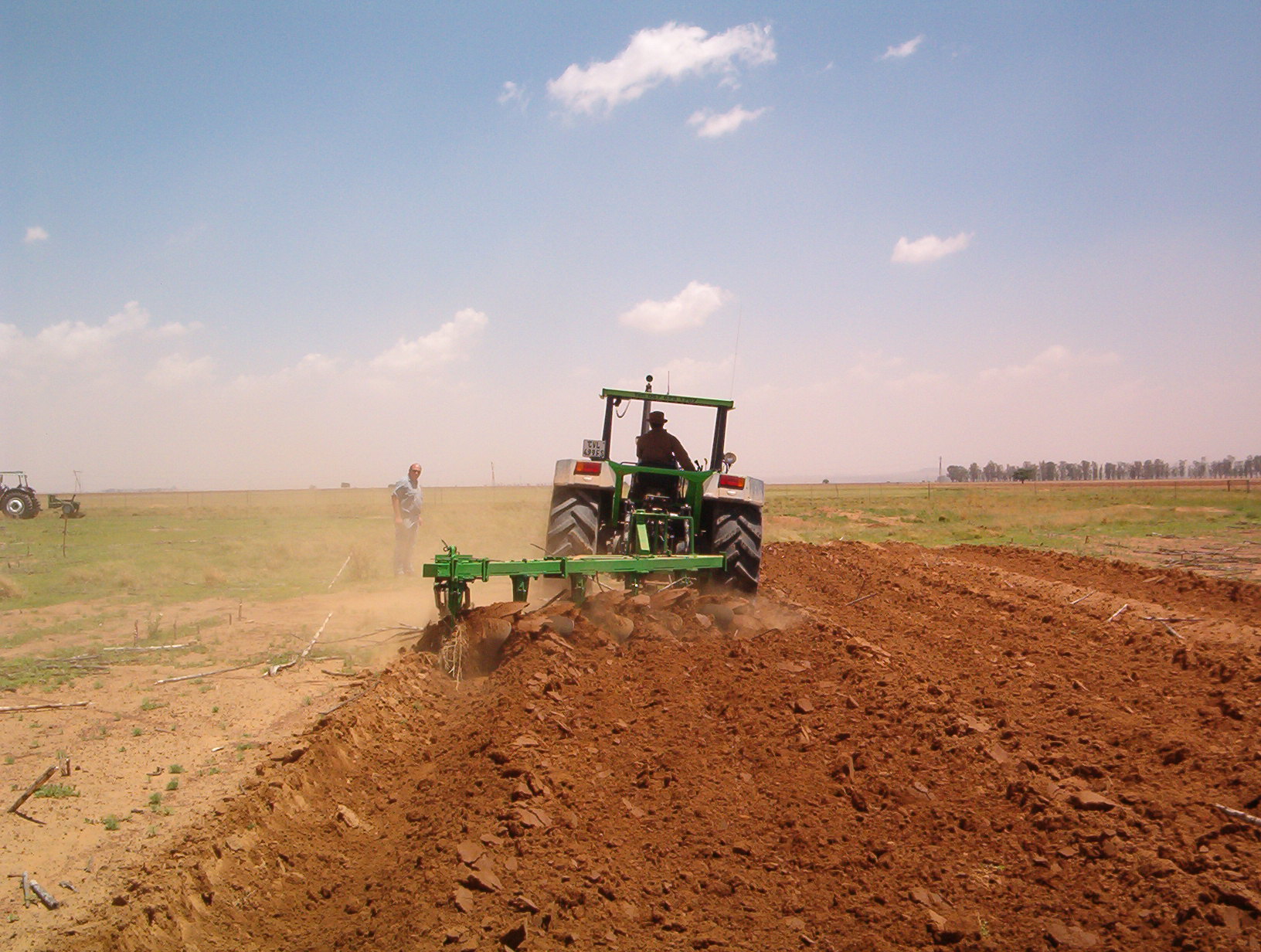
The ongoing inflation has brought farmers in South Florida to the breaking point – with some tapping out as a result of higher costs.
Long-time farmer John Alger, owner of Alger Farms, lamented that simply breaking even has been a struggle for the last 10 years. The pandemic, inflation and supply chain issues only made things worse.
Alger’s miles-long farm, which grows sweet corn and green beans, supplies the entire East Coast with food crops. The long-time grower and his dogs spend most of their time on the farm – but with things as they are, he may consider leaving farming for good. Alger Farms has been in operation since the 1930s.
“We’re at a crossroads right now. We don’t know whether we should continue to even go this next winter. Our costs are 26 percent higher than what they were two years ago,” he said. “My numbers say stop. A man with common sense would stop. [For] the last 10 years, it’s just been a very expensive hobby.”
Alger said his farm’s 10-year average return is 15 percent less than the projected cost to keep it running. The situation forced him to tap into his savings just to keep Alger Farms afloat.
The number of farmers in South Florida has dwindled over the years due to the rising costs of farming. The area used to have more than 100 farmers – now there are only nine. “It’s pretty bleak,” he said, projecting the future of agriculture.
He also expressed concern toward American consumers.
“Do they have enough money left over to pay a price for produce that will keep me sustainable? That’s the dilemma right now,” said Alger. He warned that without significant changes, the U.S. will soon become “a country dependent on imports for food.”
Alger plans to sit idle for a year. If the conditions do not improve, his departure from farming will be for good.
Things will only get worse for farmers
Flavio Carrillo, director of Florida International University‘s Capital Markets Lab, said the issues farmers are facing will only get worse.
“Gasoline, for example, has risen over 60 percent in the last calendar year – exerting tremendous pressure on farmers who depend on fuel to work their lands,” he said.
A spike in fertilizer prices following the Russia-Ukraine war also added fuel to the fire. Ohio farmer Scott Stickley attested to the impact skyrocketing fertilizer costs had on his farm.
“Last year, nitrogen [fertilizer] was around $170 a ton. This year at the local dealer, it was around $600 a ton,” he shared. “I was able to buy in front of some of the inflation, but it was still almost double what I bought last year.”
According to Stickley, the massive price increases added roughly $50 per acre to farming costs – which translates to a huge expense, as he manages roughly 1,900 acres of corn and soybean fields. (Related: Fertilizer price hikes prompt soaring food prices and global shortages.)
Carrillo warned that the economy could get worse.
“The probability of a downturn in the economy over the next 12 months is 48 percent, up from 30 percent in just the previous month,” he explained.
“Unfortunately, the stress caused by uncertainty may be too great to bear for many farmers.”
Watch Sen. Marsha Blackburn (R-TN) below explaining how farmers are feeling the pinch of Bidenflation.
This video is from the NewsClips channel on Brighteon.com.
More related stories:
Inflation, soaring oil prices hobble farmers worldwide.
Farming insider warns upcoming food shortages will be FAR WORSE than expected.
Sources include:
Submit a correction >>
Tagged Under:
agriculture, bubble, collapse, crops, debt collapse, economic collapse, economy, farmers, farming costs, food collapse, food inflation, food scarcity, food supply, fuel prices, inflation, South Florida, supply chain, world agriculture
This article may contain statements that reflect the opinion of the author
RECENT NEWS & ARTICLES
FoodRiots.news is a fact-based public education website published by FoodRiots.news Features, LLC.
All content copyright © 2021 by FoodRiots.news Features, LLC.
Contact Us with Tips or Corrections
All trademarks, registered trademarks and servicemarks mentioned on this site are the property of their respective owners.

